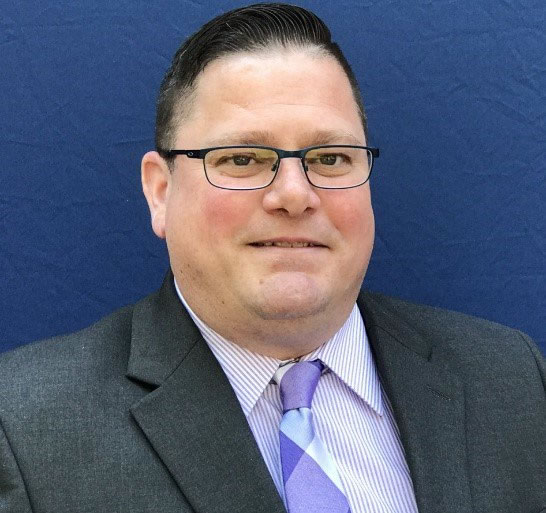BetaGov Interviews
Interview with Superintendent Ransom

Date: May 7, 2019
Superintendent Ransom has been with the Pennsylvania Department of Corrections for 24 years and has served in a variety of positions including Corrections Officer, Deputy Superintendent for Centralized Services, and Deputy Superintendent for Facility Management. In April, he was named Superintendent of State Correctional Institution-Dallas, moving from the same position at SCI-Waymart. We had the chance to talk with him about his interest in research, his trial experience, and lessons learned..
What motivated your interest in research?
Although my main objective as Superintendent at SCI-Dallas is to maintain a safe environment for staff and inmates. I like to encourage out-of-the-box thinking. What can we do that may not fit in with the typical prison-management model? I had been involved with lots of innovative programs and procedures but without the benefit of research to provide evidence that the programs/procedures were beneficial. As I learned about BetaGov, and the opportunities to actually test the innovative ideas that were generally just being rolled out to scale, I realized that I could develop trials to test these out-of-the-box ideas and to start building an evidence-based portfolio of programs and practices.
Tell us about your first forays into research.
I learned about the potential of VR when I was at SCI-Muncy. Danny McIntyre was developing some ideas about the applications of VR across several areas. At Muncy, I assisted in using the technology to reduce stress and acting out in a woman who was releasing to the community, and also as a compassionate measure for a woman in hospice. Seeing the usefulness of VR for these purposes led us to develop a trial to test VR to incentivize good behavior. Upon moving to SCI-Retreat, I developed and launched a similar trial with a group of residents in a secure residential treatment unit (SRTU), but this trial was terminated before completion. Similarly, at SCI-Waymart I was involved with developing a trial that is testing VR to incentivize compliance with treatment plans.
Did having to terminate a trial early give you any insights about the research experience?
Yes. Although terminating the trial at SCI-Retreat was due to many factors, not just those associated with the trial itself, there were several lessons learned. The first is that it is important to tailor a trial to the population that will be involved. For the VR trial at SCI-Retreat, the initial trial was developed for the SRTU population and the methodology—what we would do and how we would do it—was specific to that group of residents. Shortly after the trial started, the SRTU was changed into a behavioral-modification unit, with additional residents who were very different from the SRTU participants. The trial methodology was no longer appropriate for the unit population and we opted to terminate it. I learned that there is no one-size-fits-all in the development of a trial. You must pick the idea, the trial participants, and the methodology to fit together.
The second lesson learned is that it is vital to have the right people leading a trial. For example, the current trial at SCI-Waymart is led by someone who is energetic and dynamic and understands the trial design and how to keep it on track. The entire trial team is passionate about it and is excited to learn whether the outcomes will support the innovation.
It sounds like you don’t see the trial at SCI-Retreat as a failure given the important lessons learned.
Exactly. It is important to take each trial as a learning opportunity. Even for the early VR work at SCI-Muncy, we didn’t start out with a trial; we started out investigating the feasibility of using VR. Then we looked at whether or not it might work as we expected—was there a signal? From those first projects we learned enough to know that we could empirically test the use of VR. And, from the trial at SCI-Retreat, we also saw a signal that we were onto something and we used this knowledge when developing the latest trial.
Do you have any other ideas for future trials?
I have a huge list of ideas but want to take it slow so that we do our trials right. We might try a VR application at SCI-Dallas, or maybe we will test another innovation. I’d like to focus on staff for a first trial—perhaps developing a program on staff wellness such as a decompression room where options to use VR are provided.
Do you have any advice for someone thinking about testing an innovative idea?
You will never know whether something works unless you test it. Accept out-of-the-box thinking by yourself and your staff. Don’t stifle creativity. Even ideas that seem crazy may turn out to be beneficial. And even if they aren’t, you’ve learned something and now you can move on to another idea.